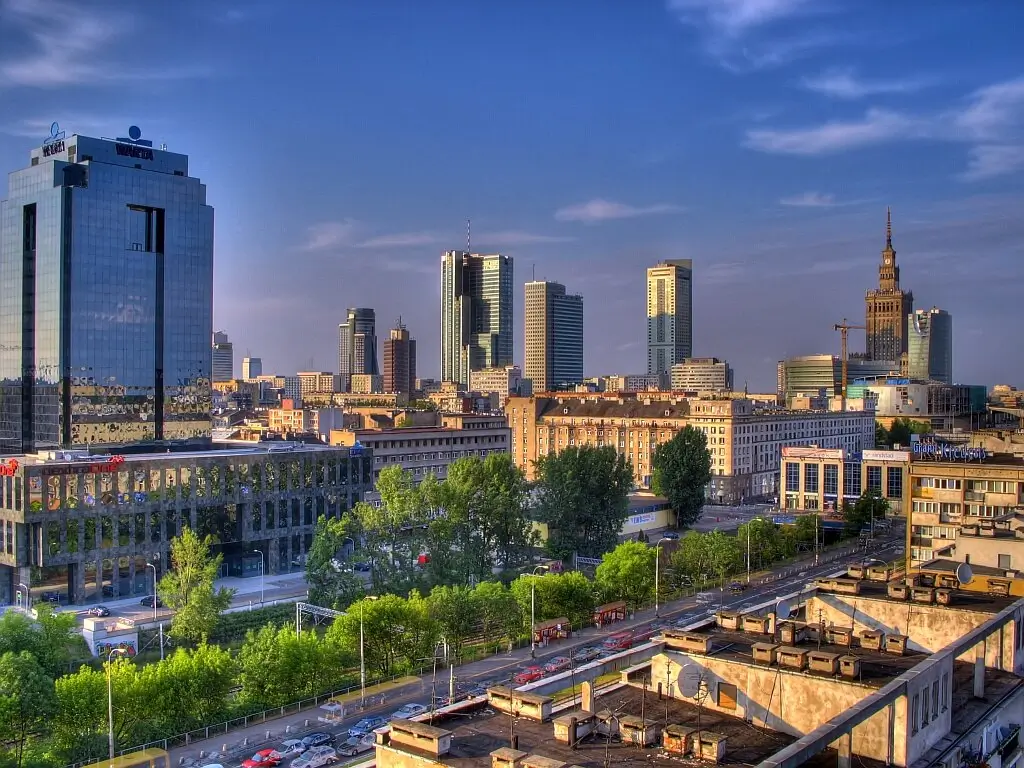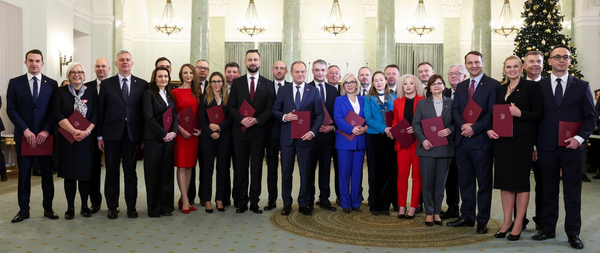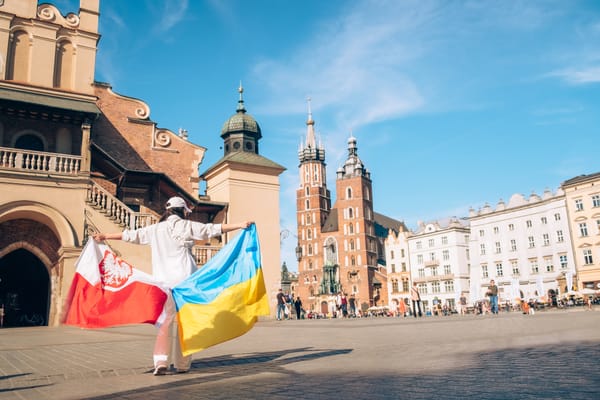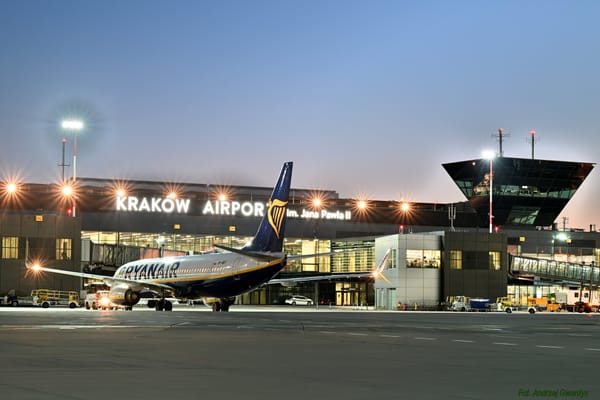
Poland: A new regional power center in search of its role
Polish-German relations are characterized by a mix of economic cooperation and rivalry, as well as growing political tensions, with recent communication between the two countries reaching notably harsh tones. Poland’s increasing economic weight is undoubtedly creating a new situation in the region, one that both sides are still struggling to manage.
Deepening economic interdependence
Economic cooperation between Poland and Germany has visibly strengthened over the past two years. According to German statistics, bilateral trade reached €170 billion in 2024, and Poland has become a key partner for Germany in both exports and imports. Exports to Poland account for around 6% of Germany’s total exports, making Poland one of Germany’s fastest-growing markets. At the same time, Germany remains a priority market for Poland: data from Statistics Poland (GUS) showed that in 2024, around 27% of Polish exports went to Germany, while imports from Germany accounted for 19–20%.
In terms of investment, Germany remains one of the most important foreign investors in Poland: German capital in Poland exceeded €42.5 billion at the end of 2022. Parallel to this, more German companies are relocating production capacity to Poland (near-shoring) – for example, Miele has announced the transfer of significant manufacturing operations to Poland due to lower costs and a more favorable environment. This trend further strengthens economic interdependence and positions Poland as a strategic manufacturing and logistics hub in Europe.
Economic pragmatism meets sovereignty narratives
However, political tensions have been rising alongside the deepening economic partnership, especially around national sovereignty and historical narratives. Jarosław Kaczyński, an influential figure in the PiS party, has repeatedly voiced distrust towards Germany in his rhetoric. In a speech in November 2023, he spoke of a “German plan” within the EU to dismantle the Polish state. This message reappeared in later statements too: “They've torn off the smiling mask they wore for decades,” Kaczyński said, suggesting that Germany’s true intentions had long been concealed. He also criticized the primacy of EU law, claiming it undermines Poland’s sovereignty.
The anti-German narrative has also intensified in political communication: in September 2023, the PiS released a campaign ad depicting the German embassy “issuing orders to Poland,” illustrating what the party alleges to be excessive German influence. Additionally, Kaczyński has criticized current EU migration initiatives — supported by Germany — claiming they threaten Poland’s identity and stability, labeling them “Brussels diktats”.
It is important to recognize that while economic ties are strengthening, political rhetoric is becoming increasingly tense, particularly within the framework of nationalist discourse. In Kaczyński’s messaging, Germans are not only economic competitors but also potential threats to sovereignty. All this demonstrates that economic pragmatism and political narratives coexist in Polish-German relations, and both will continue to shape the scope of bilateral cooperation in the future.





